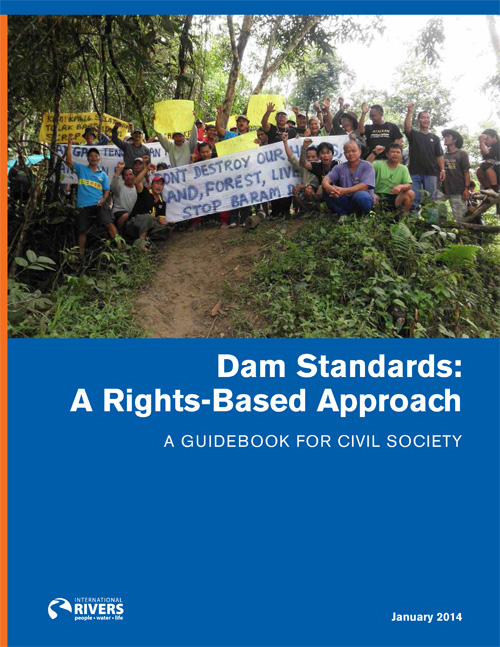Community rights are frequently enshrined in national constitutions or international treaties but rarely upheld in real life. As a result, when development schemes arrive, communities have few means to defend themselves against exploitative projects. These projects can incur terrible social, environmental and cultural costs, with the adverse impacts “outsourced” to local people and ecosystems, while the profits flow away from them.
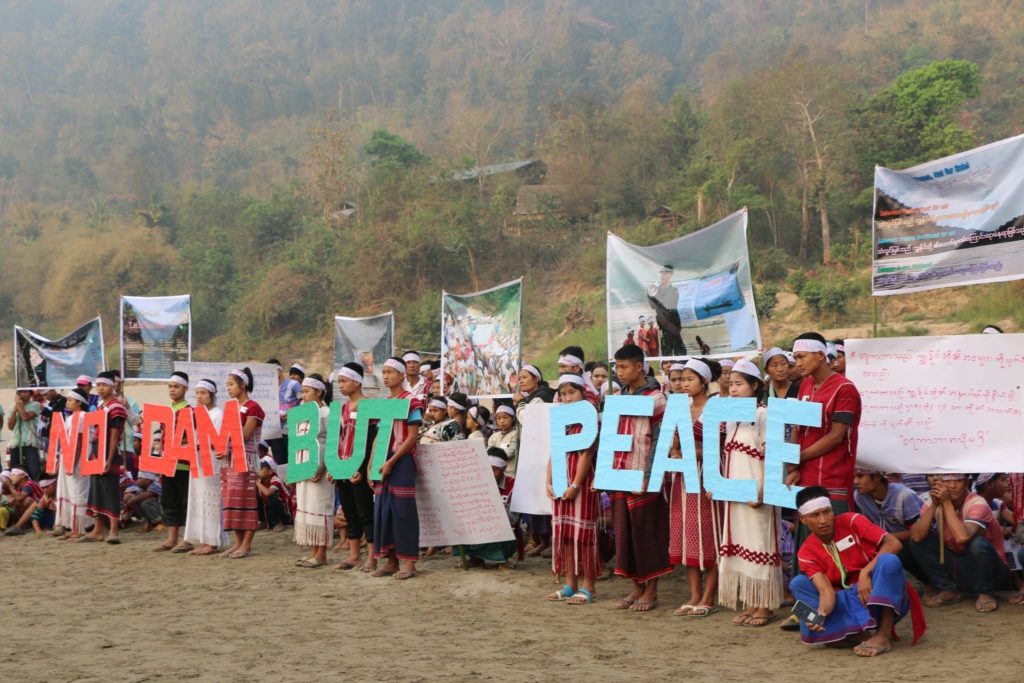
Our Work Supporting Local Voices
We support a community-driven and rights-based approach to the development and governance of river systems. Our ongoing work to support movements looks different in each region. We take our lead from the indigenous and ethnic minority communities, and deploy inclusive strategies to ensure gender equity.
On the Tapajós River in Brazil, for example, we promote popular river basin committees to elevate local voices in river basin management. In the Mekong Basin, we support regional peoples’ platforms to directly engage government and private sector forums. In the Democratic Republic of Congo, we have supported women’s energy justice campaigns to challenge the exclusion of local women from energy policy and planning decisions, including the development of the Inga 3 dam.
We promote indigenous and local communities’ rights to free, prior and informed consent (FPIC). We support communities to design and develop their own consultation protocols that build community power and set the terms of engagement for government and prospective investors. We use lawsuits and public actions to hold governments accountable to their highest legal principles, as in the ongoing Xayaburi Dam lawsuit in Thailand. And we promote community-driven energy and development alternatives to destructive mega-projects, such as women-led micro hydropower initiatives in Myanmar, India and Pakistan.
Learn More
Latest News
- New Resource: Community Guide to Independent Accountability Mechanisms for Communities in Africa
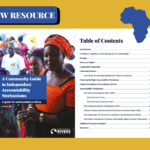 Français below English and French versions of the guide can be found in the Safeguards and Standards section of the Capacity Building Tool Resources page. Development projects such as dams, … Read more
Français below English and French versions of the guide can be found in the Safeguards and Standards section of the Capacity Building Tool Resources page. Development projects such as dams, … Read more - Finance in Common Summit shows reality is not meeting rhetoric when it comes to support for human rights and civic space
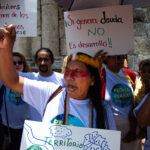 By: Josh Klemm, Co-Executive Director of International Rivers Earlier this month, I had the chance to attend the fourth annual Finance in Common (FIC) Summit in Cartagena, Colombia. A relatively … Read more
By: Josh Klemm, Co-Executive Director of International Rivers Earlier this month, I had the chance to attend the fourth annual Finance in Common (FIC) Summit in Cartagena, Colombia. A relatively … Read more - PRESS RELEASE | Anchicayá Dam: Colombian Constitutional Court decides in favor of justice for Anchicaya Communities after 22 Years
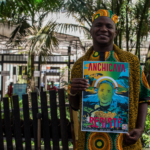 After conducting an extensive study, Colombian Constitutional Court ruled to protect the fundamental rights of Anchichayá Dam affected communties Final judgment will be released no later than September 2023. FOR IMMEDIATE … Read more
After conducting an extensive study, Colombian Constitutional Court ruled to protect the fundamental rights of Anchichayá Dam affected communties Final judgment will be released no later than September 2023. FOR IMMEDIATE … Read more - A ticking time bomb: Tomorrow’s hearing can decide the fate of companies responsible for dangerously built dam that threatens more than 3,400 families in Ecuador.
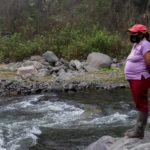 Powered by Canadian, Ecuadorian, Spanish and Swiss investors, the São José del Tambo dam (Hidrotambo S.A.) is considered a rudimentary and dangerously built hydro project and has been threatening the … Read more
Powered by Canadian, Ecuadorian, Spanish and Swiss investors, the São José del Tambo dam (Hidrotambo S.A.) is considered a rudimentary and dangerously built hydro project and has been threatening the … Read more

